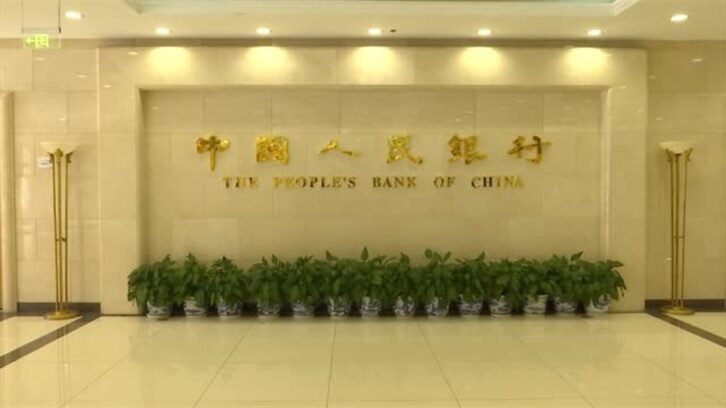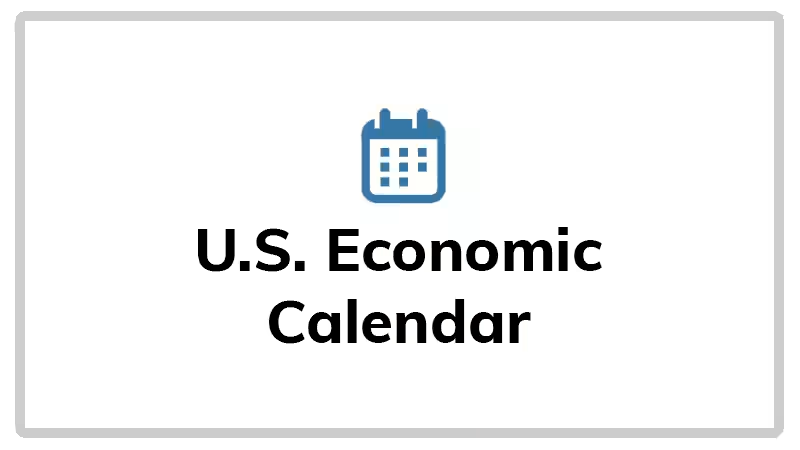Hardly a week goes by without some report or another in Chinese state media about an RRR or rate cut from the People’s Bank of China, so treat this with a grain of salt.
—
The Reserve Requirement Ratio (RRR) is a central bank regulation that sets the minimum amount of reserves each bank must hold in relation to their deposit liabilities. Its the percentage of total deposits that banks are legally required to keep on hand, either as cash in their vaults or in a reserve account at the central bank.
In China, this ratio is set by the People’s Bank of China (PBOC).By adjusting the RRR, the PBOC can influence the lending capacity of commercial banks. For example, an increase in RRR means that banks have less money to lend out because they have to keep more in reserve. This reduces the money supply in the economy. Conversely, if the PBOC decreases the reserve ratio, banks have more money to lend because they are required to keep less in reserve. This increases the money supply in the economy, which can stimulate economic activity.
This article was written by Eamonn Sheridan at www.forexlive.com.Hardly a week goes by without some report or another in Chinese state media about an RRR or rate cut from the People’s Bank of China, so treat this with a grain of salt. —The Reserve Requirement Ratio (RRR) is a central bank regulation that sets the minimum amount of reserves each bank must hold in relation to their deposit liabilities. Its the percentage of total deposits that banks are legally required to keep on hand, either as cash in their vaults or in a reserve account at the central bank.In China, this ratio is set by the People’s Bank of China (PBOC).By adjusting the RRR, the PBOC can influence the lending capacity of commercial banks. For example, an increase in RRR means that banks have less money to lend out because they have to keep more in reserve. This reduces the money supply in the economy. Conversely, if the PBOC decreases the reserve ratio, banks have more money to lend because they are required to keep less in reserve. This increases the money supply in the economy, which can stimulate economic activity.
This article was written by Eamonn Sheridan at www.forexlive.com. Read MoreCentral Banks
Forexlive RSS Breaking CentralBanks Feed






